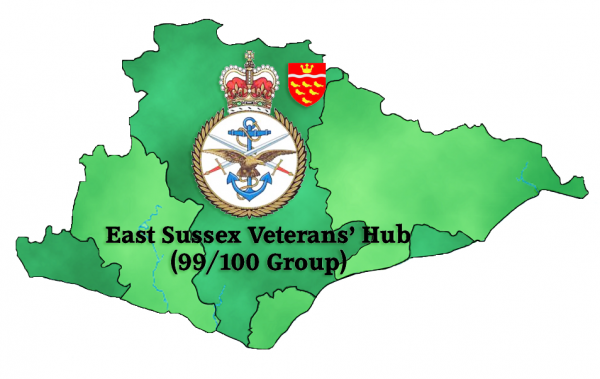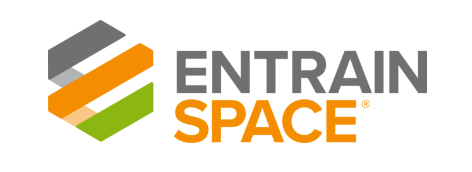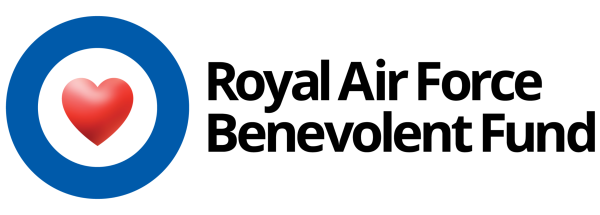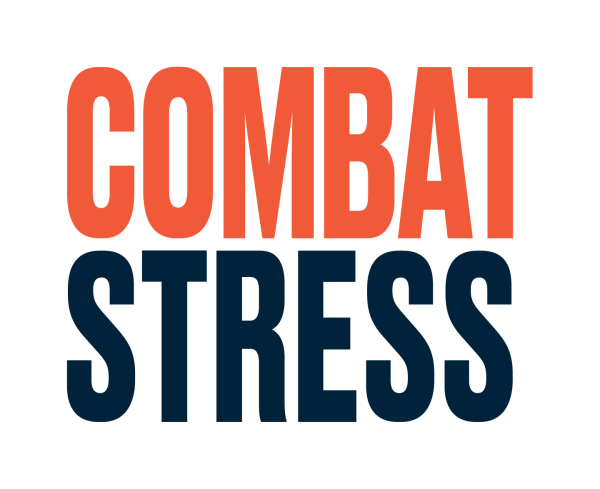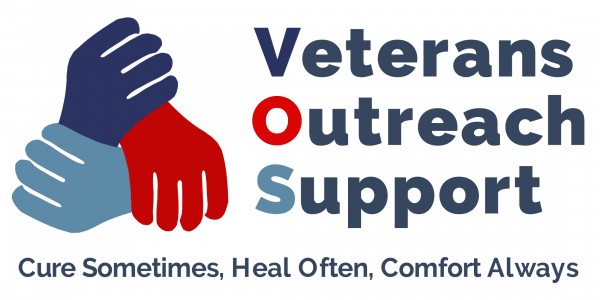Our specialist ex-forces service, Live at Ease, is a non-clinical support programme dedicated to improving the lives of neurodivergent ex-forces men and women across the North West of England. Established in 2021, the service provides long-term, person centred support for ex-forces personnel living with Autism Spectrum Disorder (ASD), ADHD, acquired brain injuries, and other complex co-existing conditions including Dyspraxia, Dyslexia, and service related or non-service PTSD, whether formally diagnosed or not.
Developed and led by experienced practitioners with clinical insight, welfare expertise, and lived military experience, Live at Ease is grounded in a trauma informed, neurodiversity affirming, and strengths-based approach. The service bridges the gap between clinical intervention and everyday life, offering flexible wraparound support that enables ex-forces personnel to regain independence, stability, and confidence while improving mental wellbeing and overall quality of life.
Support is not time-limited and can include case management, welfare advocacy, diagnosis diagnostic pathway navigation, benefits and housing advice, wellbeing and nature-based inclusion activities, peer engagement, and access to autism friendly social groups.
Working collaboratively with the DWP, NHS services, and Armed Forces charities, Live at Ease ensures that neurodivergent ex-forces personnel receive joined-up, consistent, and meaningful care. It remains one of the only services in the UK providing specialised, long-term, non-clinical support for neurodiverse ex-forces, setting a benchmark for inclusive and effective provision within the Armed Forces community.


